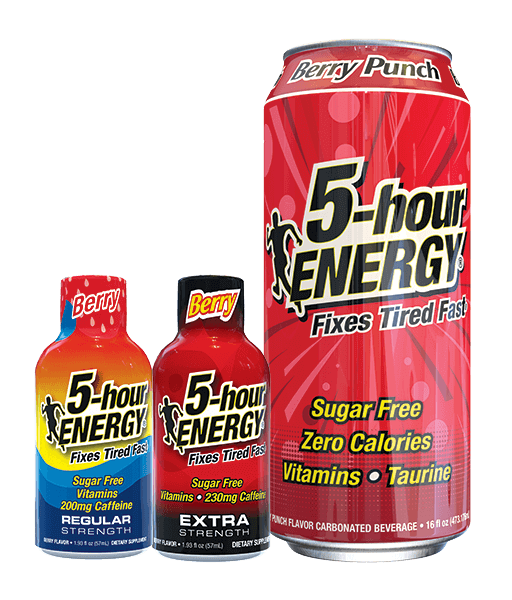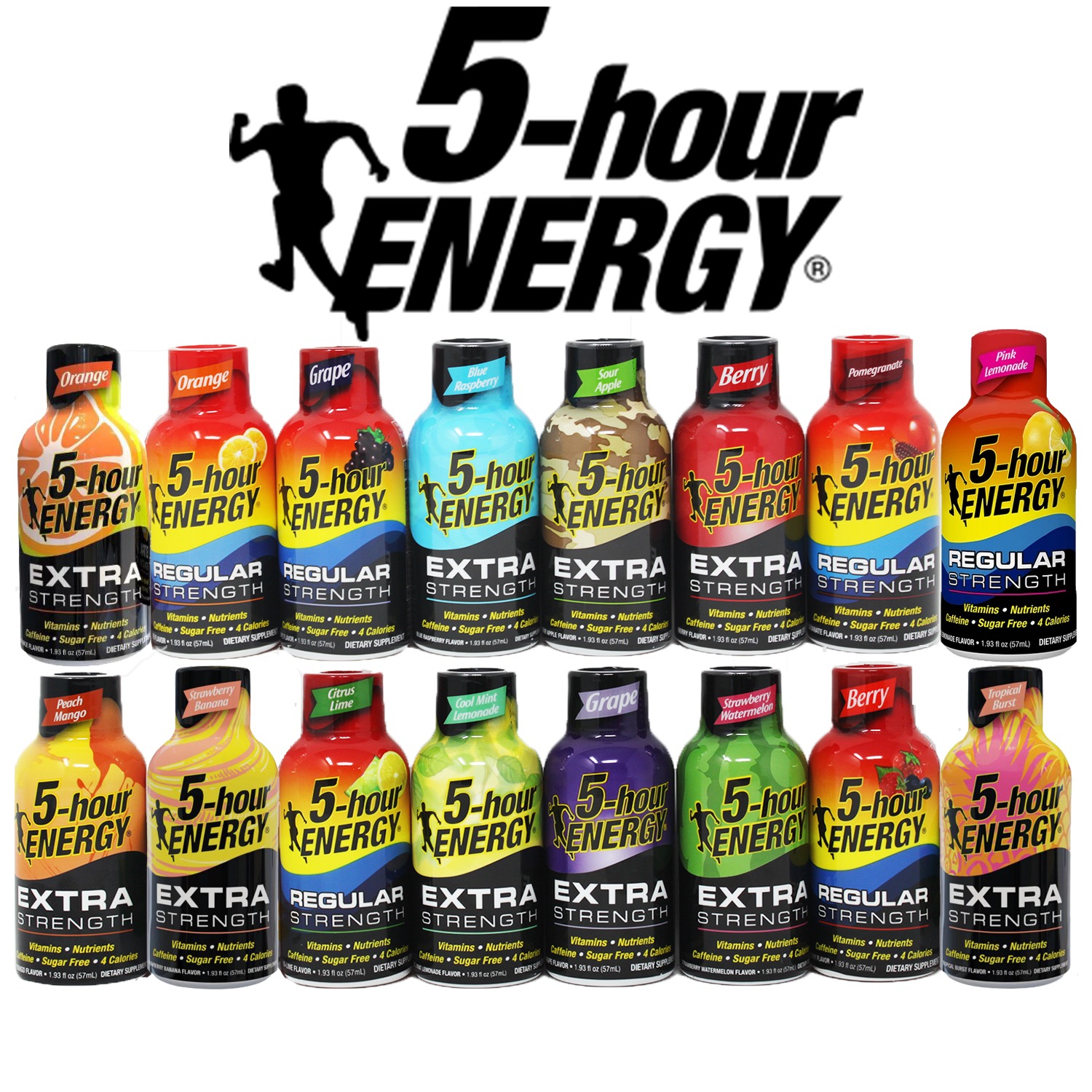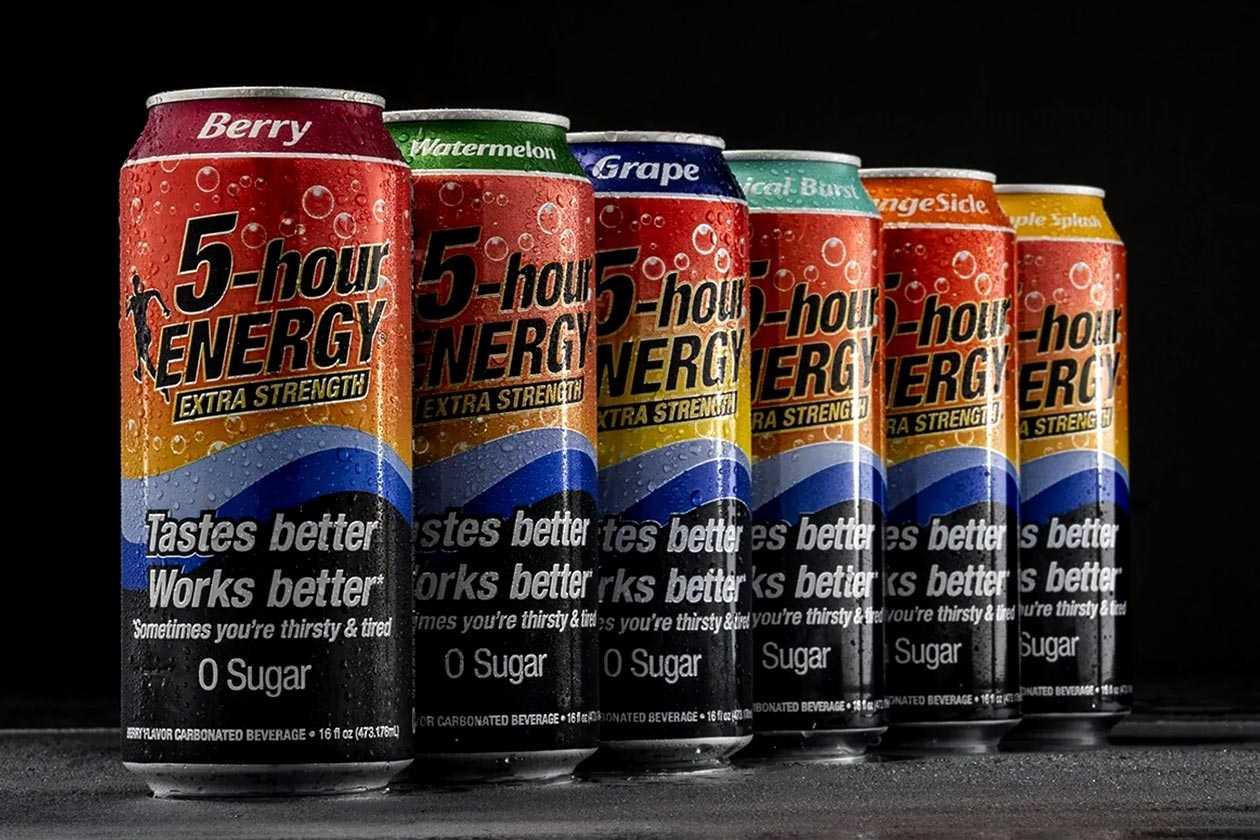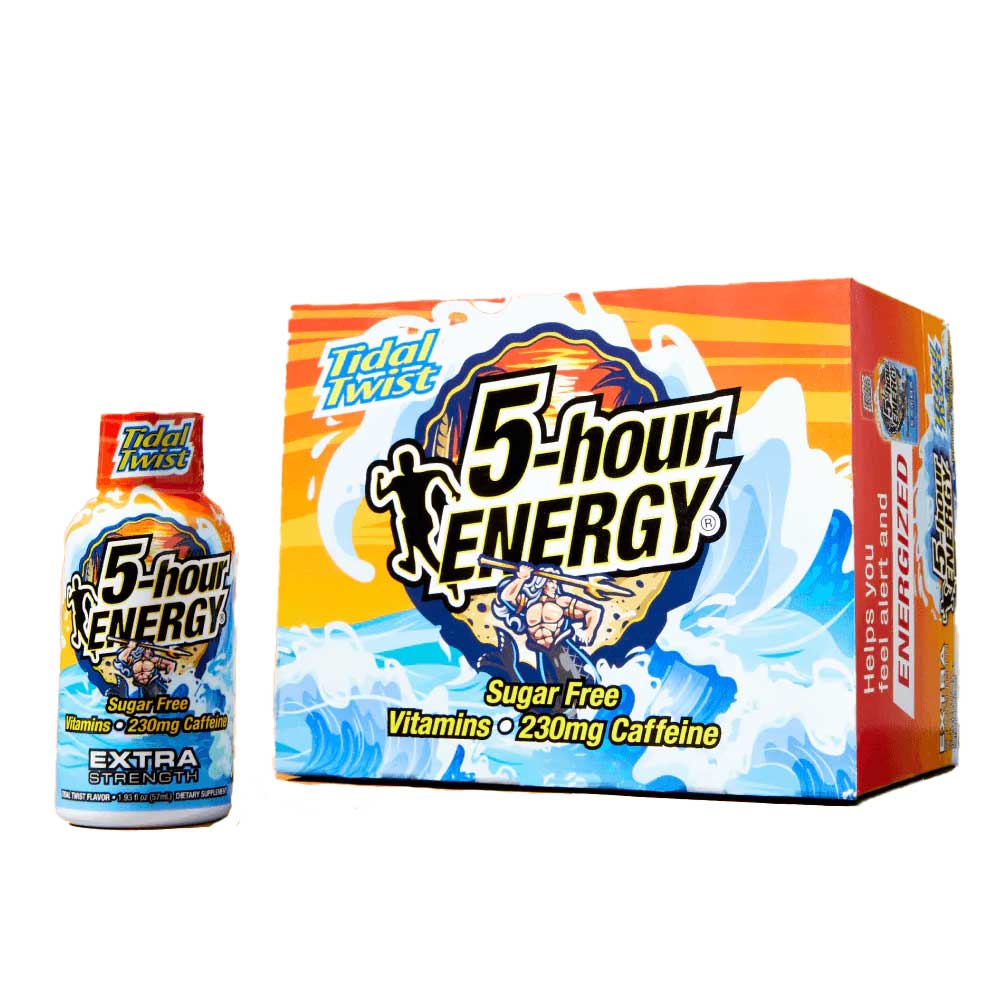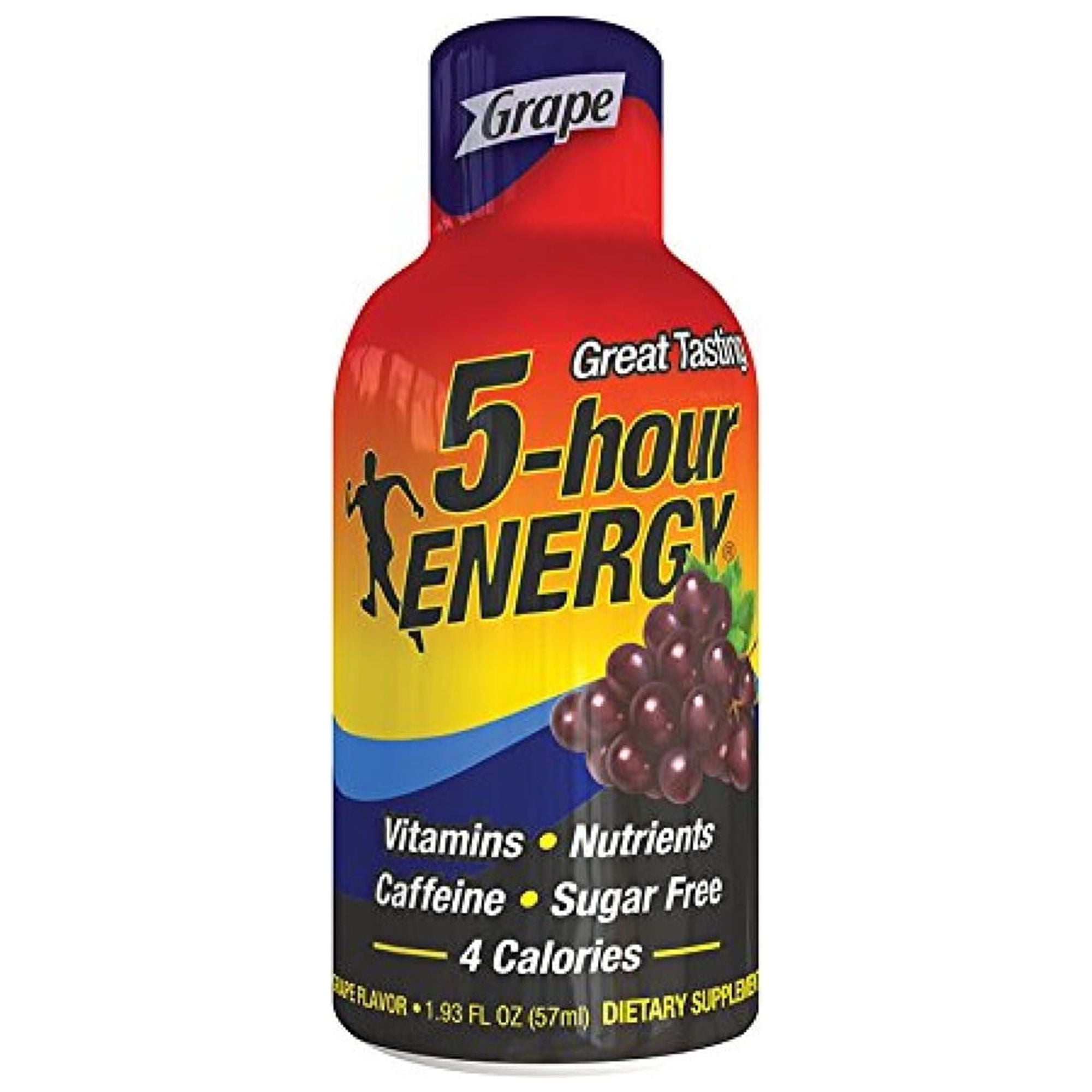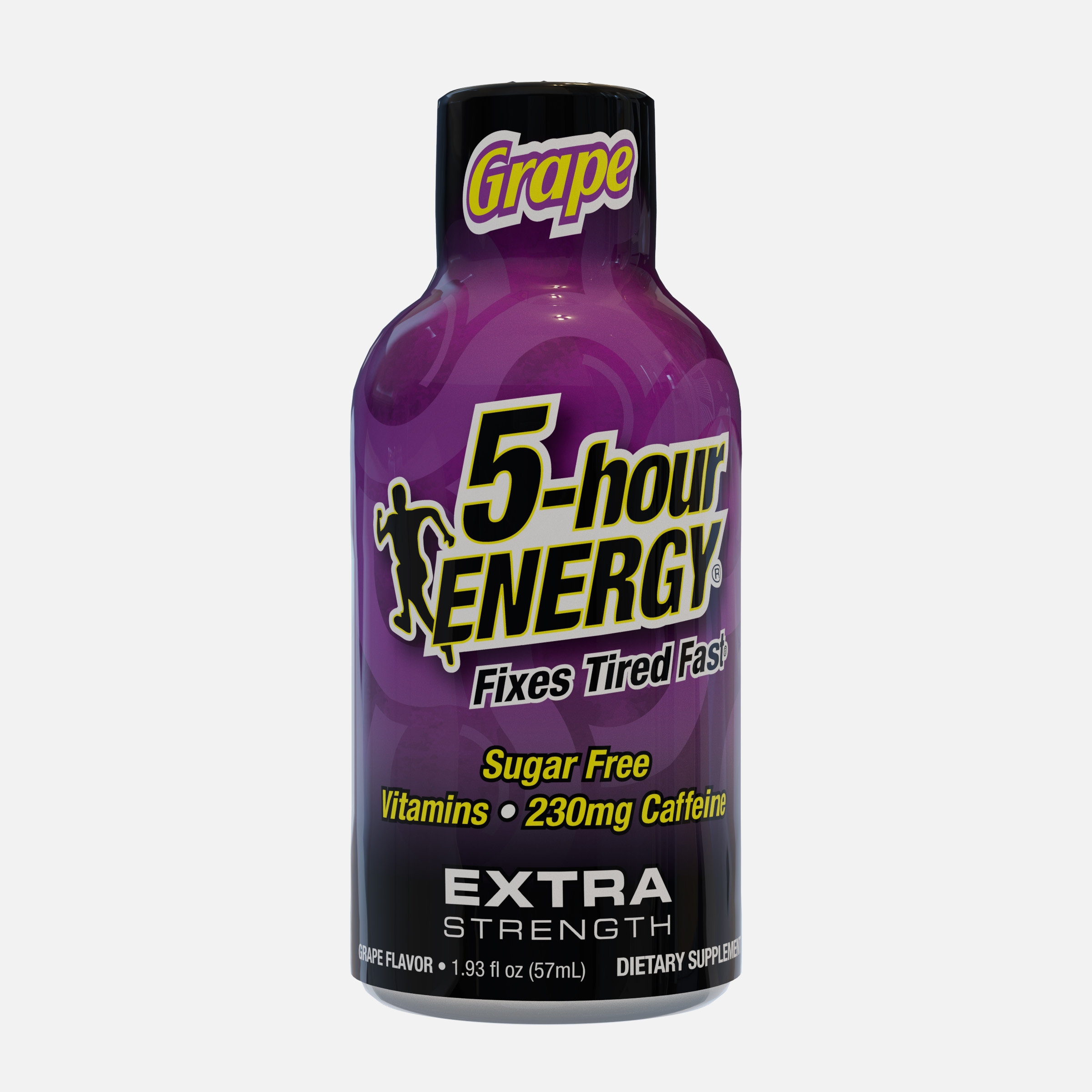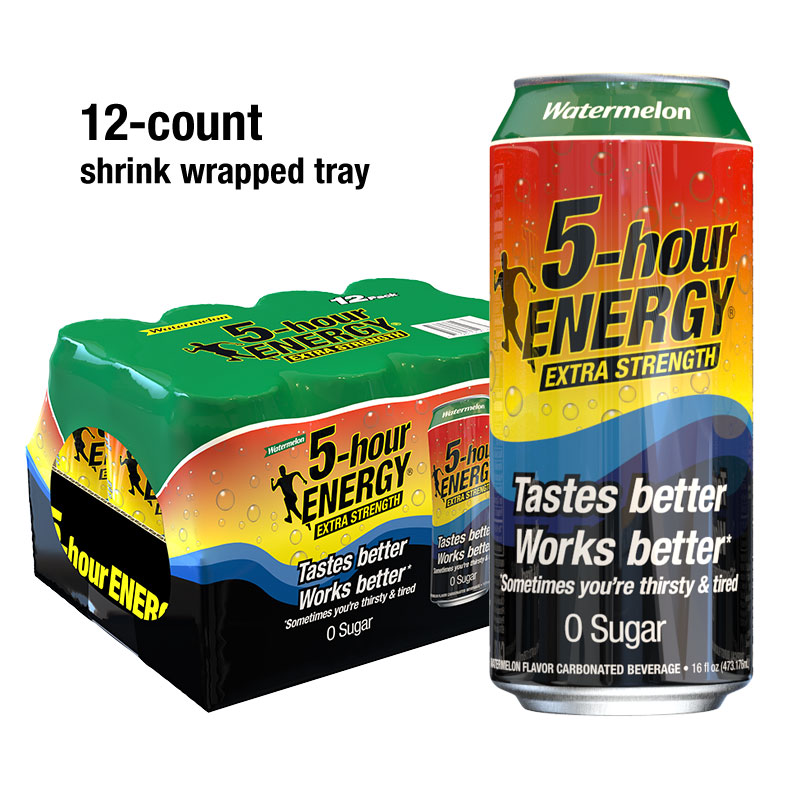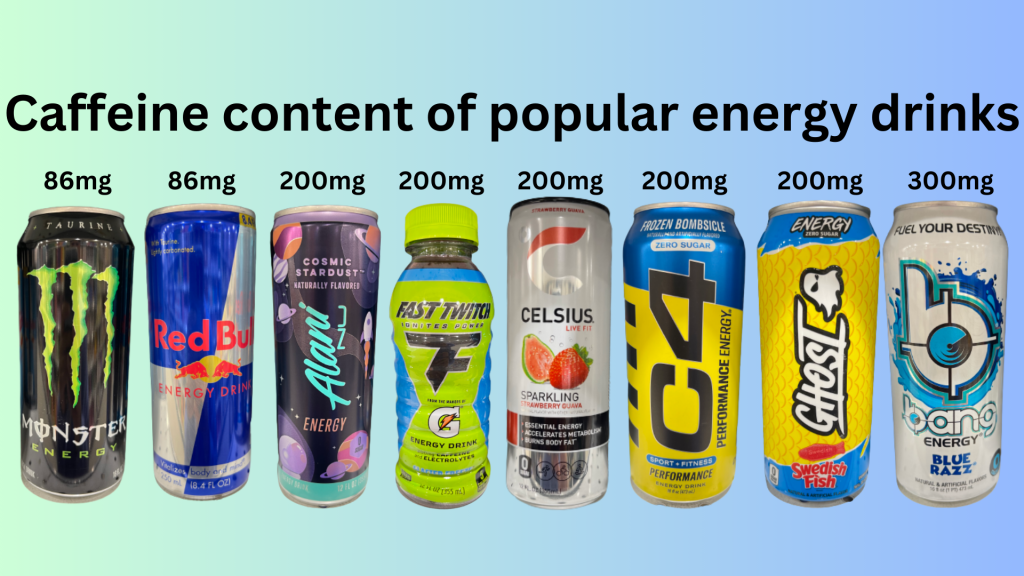How Many 5-hour Energies Can I Drink In A Day
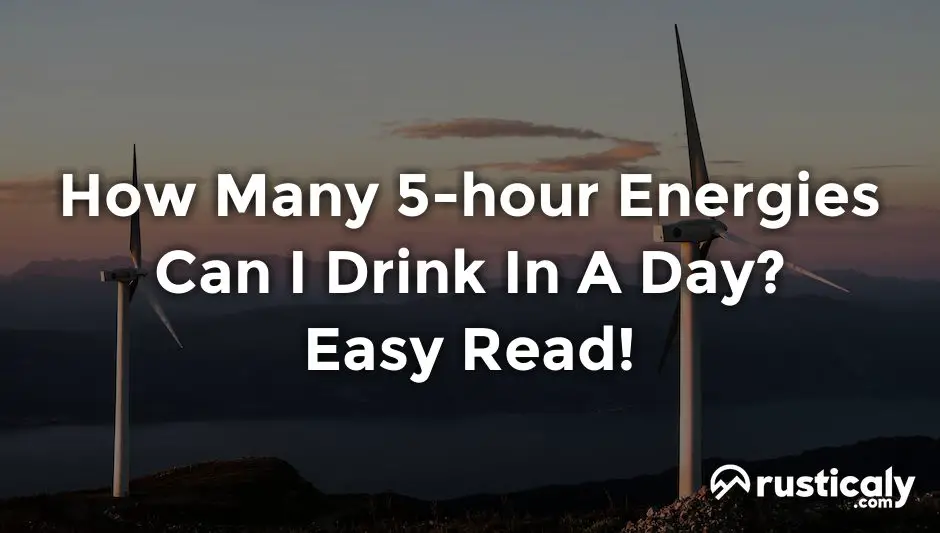
The allure of sustained energy and heightened focus is a powerful draw, especially in today's fast-paced world. 5-hour Energy shots, with their promise of a quick boost, have become a staple for students, shift workers, and anyone needing an extra edge. But amidst the convenience, a critical question lingers: how many of these small bottles are too many? The answer, unfortunately, isn't straightforward, and exceeding the recommended limit can have serious consequences.
This article delves into the complex issue of 5-hour Energy consumption, examining the ingredients, potential risks, and official recommendations. It aims to provide a comprehensive understanding of the potential dangers of overconsumption and offers guidelines for safe and responsible use. Understanding the science behind these energy shots is crucial for making informed decisions about your health and well-being.
Understanding the Ingredients
5-hour Energy shots primarily rely on caffeine and a blend of B vitamins to deliver their energizing effects. Caffeine, a well-known stimulant, works by blocking adenosine, a neurotransmitter that promotes relaxation and sleepiness. This leads to increased alertness, reduced fatigue, and improved cognitive function, at least temporarily.
The B vitamins, including niacin, vitamin B6, folic acid, and vitamin B12, play essential roles in energy metabolism. They help convert food into usable energy for the body. While B vitamins are generally considered safe, excessive intake can lead to side effects in some individuals.
Other ingredients in 5-hour Energy include amino acids like taurine and L-tyrosine, which are purported to enhance mental performance. However, the scientific evidence supporting these claims is limited and often inconclusive. The amounts present in the shot are generally not considered harmful in isolation.
Recommended Dosage and Potential Risks
The official 5-hour Energy website recommends no more than two bottles per day, spaced several hours apart. This recommendation is primarily based on the caffeine content, with each bottle containing about 200 milligrams. Exceeding this limit significantly increases the risk of adverse effects.
Caffeine overconsumption can lead to a range of side effects, including anxiety, insomnia, jitteriness, rapid heartbeat, and digestive issues. In severe cases, it can even cause heart palpitations or arrhythmia. Individuals sensitive to caffeine or with pre-existing heart conditions are particularly vulnerable.
Furthermore, the cumulative effect of multiple 5-hour Energy shots can be problematic. The sustained elevation of caffeine levels can disrupt sleep patterns, leading to chronic fatigue and reduced cognitive function in the long run. This creates a vicious cycle of needing more stimulants to stay awake.
Expert Opinions and Scientific Studies
Medical professionals generally advise caution when consuming energy drinks and shots. Dr. John Higgins, a cardiologist at McGovern Medical School at UTHealth in Houston, emphasizes the potential cardiovascular risks associated with high caffeine intake. He notes that even healthy individuals can experience adverse effects if they exceed their personal tolerance level.
The American Heart Association has also issued warnings about the potential dangers of energy drinks, particularly for young people. Studies have linked energy drink consumption to increased blood pressure, irregular heart rhythms, and even sudden cardiac arrest in rare cases. These risks are amplified when combined with physical activity or alcohol.
Research published in the Journal of the American Medical Association (JAMA) has highlighted the association between energy drink consumption and adverse cardiovascular events. The study found that energy drinks can significantly impact heart rate and blood pressure, raising concerns about their safety, especially for individuals with underlying heart conditions.
Individual Tolerance and Other Considerations
Caffeine tolerance varies significantly from person to person. Factors such as age, weight, genetics, and overall health can influence how the body metabolizes and reacts to caffeine. Individuals who regularly consume caffeine are likely to develop a higher tolerance, but this doesn't eliminate the risk of adverse effects at high doses.
It's also important to consider potential interactions with medications. Caffeine can interact with certain drugs, such as antidepressants and antibiotics, potentially altering their effects. Individuals taking prescription medications should consult with their doctor before consuming 5-hour Energy or other caffeine-containing products.
Pregnancy and breastfeeding also warrant extra caution. High caffeine intake during pregnancy has been linked to an increased risk of miscarriage, premature birth, and low birth weight. The American College of Obstetricians and Gynecologists (ACOG) recommends limiting caffeine intake to less than 200 milligrams per day during pregnancy.
Alternatives to Energy Shots
For those seeking sustained energy without the potential risks of energy shots, several healthier alternatives are available. Getting sufficient sleep, maintaining a balanced diet, and staying hydrated are fundamental for optimal energy levels. Regular exercise can also boost energy and improve overall well-being.
Natural sources of energy, such as fruits, vegetables, and whole grains, provide sustained energy release without the sudden crash associated with caffeine. Herbal teas, like green tea and yerba mate, offer a gentler and more gradual energy boost.
If you find yourself consistently relying on energy shots, it's worth exploring the underlying causes of your fatigue. Addressing potential sleep disorders, nutritional deficiencies, or underlying medical conditions can provide long-term solutions for improving energy levels.
The Bottom Line
While 5-hour Energy can provide a temporary boost, it's crucial to approach its consumption with caution. Sticking to the recommended dosage of no more than two bottles per day is essential to minimize the risk of adverse effects. Understanding your individual tolerance and considering potential interactions with medications are also crucial.
Ultimately, prioritizing healthy lifestyle habits, such as adequate sleep, a balanced diet, and regular exercise, is the most sustainable way to achieve lasting energy. Relying solely on energy shots can mask underlying health issues and create a cycle of dependence. The long term benefits of natural energy are far superior to quick fixes.
As research continues and more data emerges, it's important to stay informed about the potential risks and benefits of energy drinks and shots. Consult with your doctor if you have any concerns or experience adverse effects after consuming these products. Responsible consumption and a focus on overall health are key to enjoying energy boosts safely and effectively. In the future, stricter regulations or clearer labeling may further influence consumer choices.
